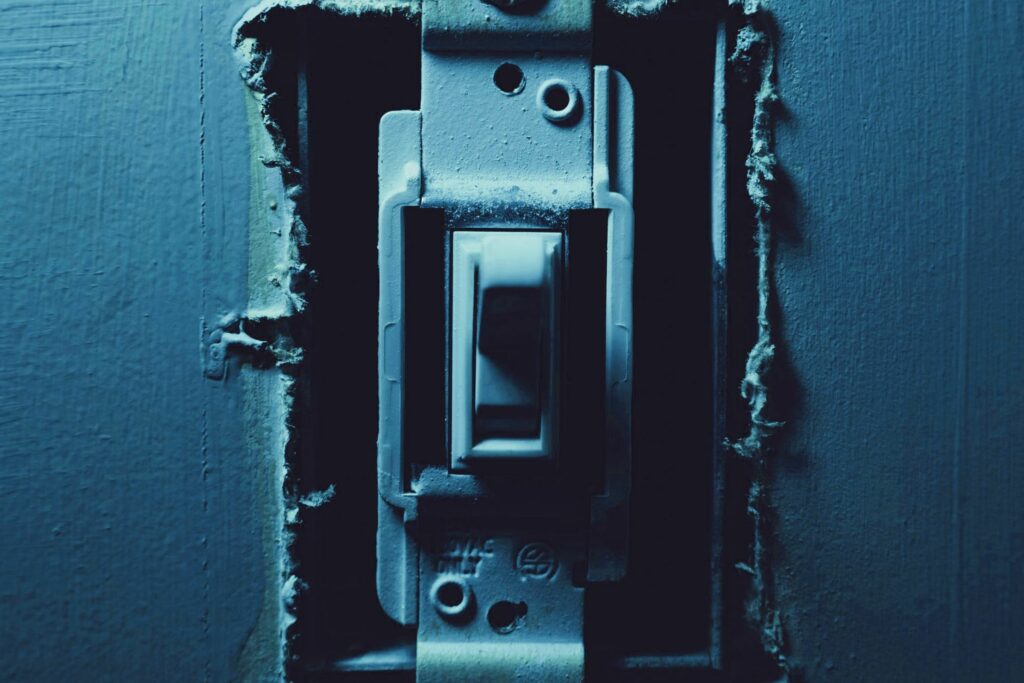
It’s a pretty common feeling to always be “on,” jumping through all the hoops that life throws at us. We all feel like we have to help out every time someone needs it of us, and it can be hard not to constantly take on the burden of others. We feel like we can’t take a break, and if we do, we’ll be letting someone down. But the reality is that if we don’t take a break, we can’t really be there for anyone. As hard as it is to admit, taking time for ourselves is a must for our mental and physical health.
Health professionals across the world agree that it’s important to take time for ourselves and limit our helping of others to after first, we care for ourselves, then we care for our immediate family and friends, then, you can look to helping others outside of your direct responsibility. Dr. John Sharp, an expert in mental health, explains that “people who are constantly taking on the needs of others are at risk for burnout and compassion fatigue.” That means that if we don’t take time for ourselves, our bodies and brains can’t recharge. Taking care of ourselves is key to being able to help others in the long run, so Dr. Sharp recommends that we “start small and carve out just a few minutes each day for yourself.”
A recent study at the University of California, Berkeley showed that taking time to rest and recharge can have a significant impact on our overall health. The study found that even a few minutes of rest can make us more effective and productive when it comes to helping others. Additionally, the study showed that simply having a restful day once a week can reduce stress and help us feel more refreshed.
And while it can be hard to carve out time for ourselves, it’s essential that we do focus inward first. We can start by making sure that we make time for self-care on our calendar. If that means taking a few minutes each day for a walk or a warm, sudsy bath, or carving out a day each week just for ourselves, then it’s worth doing.
It’s not selfish or wrong to take time for ourselves—in fact, it’s the best thing we can do for our health and our relationships. So the next time we feel like we’re always “on,” let’s make sure we turn everything ”off” now and then and take the time we need to rest and recharge. It might just be the best thing we can do for ourselves and for others.

